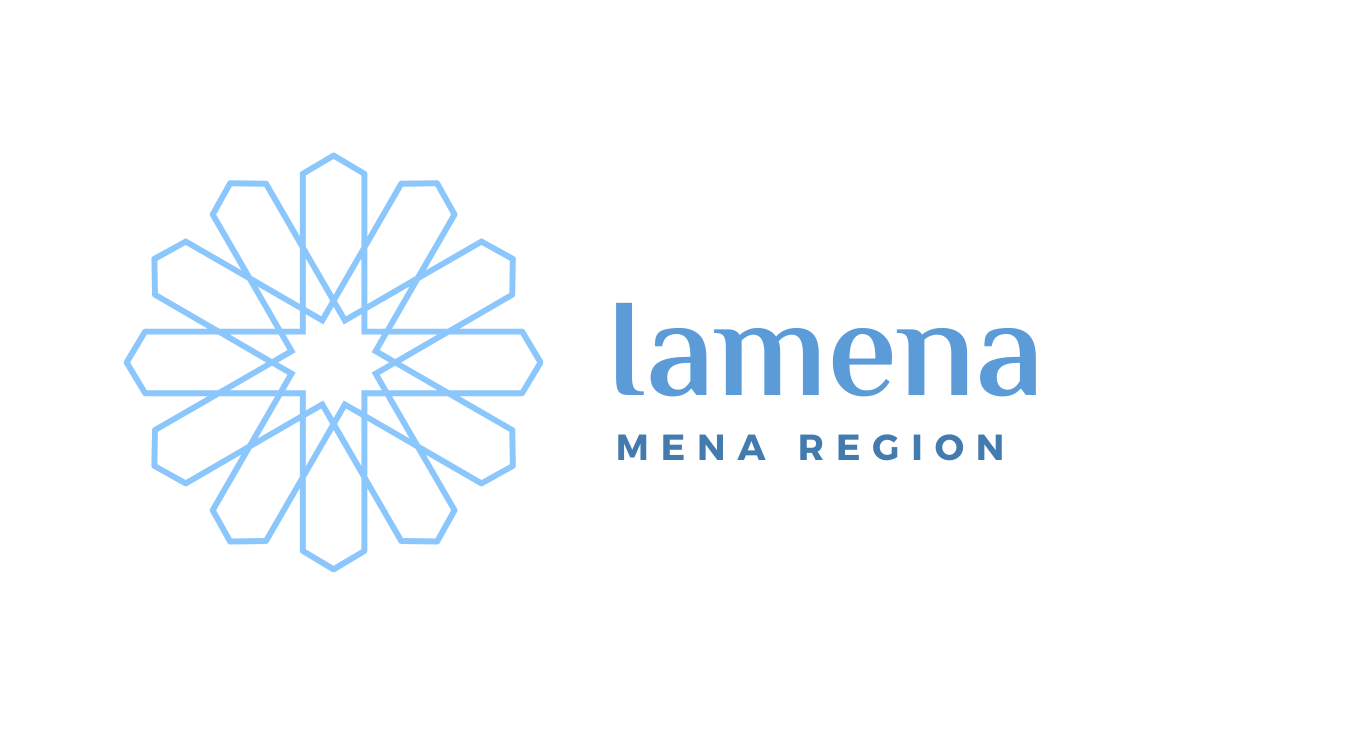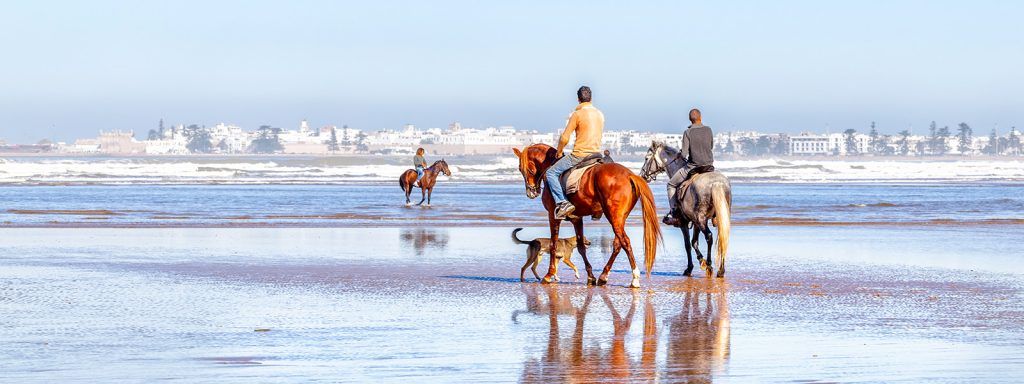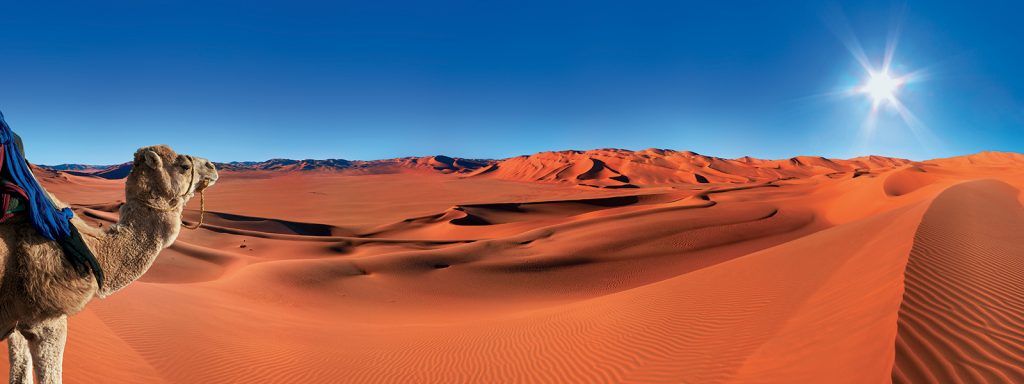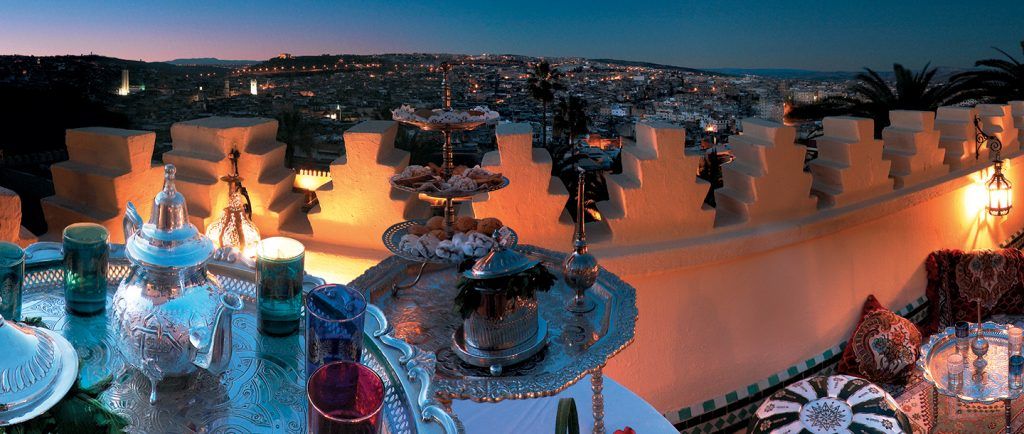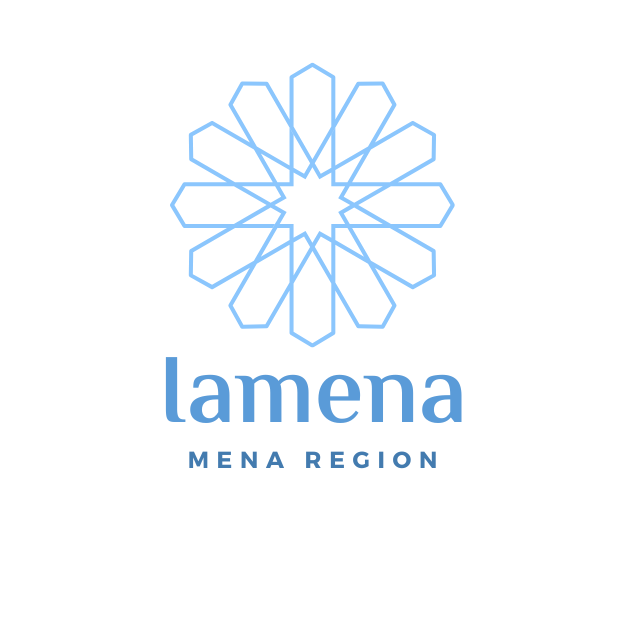Iamena is run by a team of highly driven professionals, all passionate about sharing the stories of Arabic World across the region and the world.
MOROCCO
Situated between the Mediterranean, the Atlantic Ocean and the plains of the Sahara, Morocco is a country where nature has let its imagination run wild. A land of striking contrasts, it has a culture and an atmosphere combining the most wonderful dreams and the finest traditions of the orient in its kingdom. From the peaks of the Rif and the Atlas Mountains tinged with snow, to the verdant desert oases, from the golden beaches to the lush forests, from its imperial cities to its Berber villages and its Casbahs, Morocco offers each traveler a fantastic odyssey, a voyage with thousand and one wonders.
Why Morocco
Each year Morocco shows a stable economic growth of approximately 4,5%. It is a developing, demanding and growing market, providing opportunities to companies to grow and acquire market share in their respective field.
Morocco has capitalized on its proximity to Europe and relatively low labor costs to build a diverse, open, market-oriented economy. These developments have been backed by strong investment in infrastructure such as port developments, highways and rail. Morocco has also set up several strategic (Free) Trade Agreements with the U.S., the E.U., Turkey and Middle Eastern countries and attracts investors to its Free Trade Zones. A series of initiatives to improve the investment climate have been announced, with particular attention to off-shoring activities, automotive, aeronautics, electronics, food processing activities and textiles.
Key sectors of the Moroccan economy include agriculture, tourism, phosphates, textiles, apparel, and sub-components. Traditionally, the agro sector is the largest sector in Morocco. There are still many opportunities in this area as the Moroccan government has launched several large programs to support the development of this sector.
Water, Environment and Energy are also important elements in the development of the country. Morocco is faced with a strong growing urban and industrial centers. This leads to challenges for both national and local government in their energy, environmental protection and waste disposal tasks. Morocco offers a wide range of (investment) opportunities in these sectors and has also undertaken programs to support the development of renewable and environmental related projects.
To support the development of the country, Morocco has invested largely in a national strategy to improve and increase infrastructure. Industrial and urban development projects. This includes the construction of highways, railroads, ports, airports and the upgrading of cities and industrial areas.
12 DESTINATIONS REGIONS
12 THEMS
12 PROJECTS

